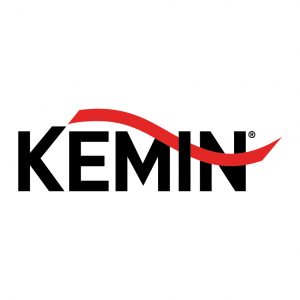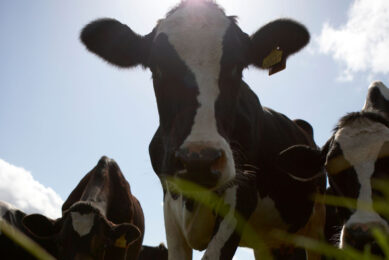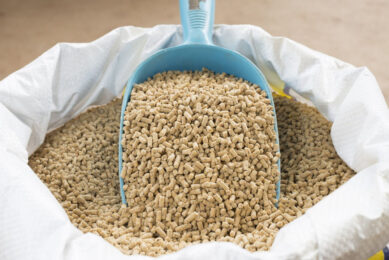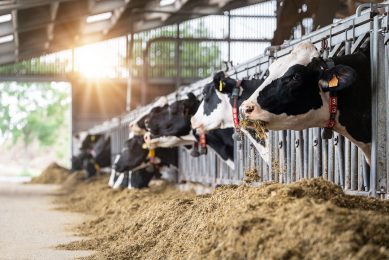Mitigating the effects of negative energy balance in sows

During the lactation phase, the increased demand in energy can create a negative energy balance (NEB) when high metabolic demand in energy exceeds the nutrient intake. Using a nutrient absorption enhancer can help mitigate the negative effects of a NEB in sows.
Modern pork production efficiency is essentially measured by piglets farrowed over the reproductive lifetime of the sow. Within the reproductive cycle, lactation is the most demanding phase, resulting in a requirement of approximately 3 times the energy requirements of gestation. Increased energy requirements to meet these demands can often cause sows to enter a state of substantial negative energy balance (NEB), whereby energy requirements exceed nutrient intake. When NEB occurs, the nutrient deficiency is compensated via mobilisation of body reserves of fat and protein. This can cause substantial weight and back fat loss as well as reduced reproductive performance. Additionally, there is also a substantial knock-on effect on the progeny with piglet weaning weights and vitality often being reduced.
Nutrient absorbtion enhancer, an essential partner during the reproductive cycle
Lysoforte Extend (LEX) – is a nutrient absorption enhancer, consisting of a unique ratio of lysophospholipids, monoglycerides and an emulsifier. The use of LEX can play an important role in animal nutrition and feed cost reduction strategies. Supplementing sows with the nutrient absorption enhancer during late gestation and throughout the lactation periods, helps to reduce weight and backfat losses, therefore mitigating the downstream effects of NEB such as increased wean to service intervals and reduced litter weights and vitality.
An experiment was conducted to evaluate the effect of LEX when supplemented from day 114 of gestation until weaning (22,2 days post-partum). 320 healthy sows were selected and randomly allocated to 2 groups, a control (standard lactation diet) or a control + LEX (750 g/t). Within each treatment 80 sows were fed via an automatic feeder (AF) and 80 sows received their diet via a manual feeder (MF).
During the trial, feed intake, milk production/sow/day, body condition scoring, piglet mortality, BWG and average weaning weight were recorded.
Results and discussion
Regardless of automatic or manual feeding, sows fed LEX ate consistently more throughout the study. This resulted in approx. 12% higher daily feed intake for the treated group (7.635 kg/day) compared to the control (7.045 kg/day). Furthermore, sows were producing significantly more milk if there was LEX (8.2 L/day) in their diet compared to the control (7.6 L/day), whether automatically or manually fed.
Body condition score (BCS), visually graded with a scale of 1-5 where score 1 means very lean and score 5 means very fat), revealed that sows fed LEX showed a statistical trend to 25% less loss in body condition than those fed the control diet (Figure 1).
Figure 1 – Overall sow Body Condition Scores by treatment.

Throughout the study, piglets from sows supplemented with LEX performed numerically better than those of non-LEX fed sows (Figure 2). There was a statistical trend towards reduced diarrhoea in piglets from sows automatically fed with feed including LEX.
Figure 2 – Weaning weight of the piglets from sows by feeding system, fed with and without LEX.

When data is combined by feeding system, the piglets from LEX treated mothers performed consistently better than the control piglets, resulting in a significantly higher average final weight at weaning (LEX 5.475kg versus control; 5.275 kg). The results also show that the supplemented sows weaned an additional 0,5 piglets compared to the control.
Economic benefits
Supplementing lactation diets with Lysoforte Extend demonstrated to significantly promote both sow and progeny performance:
- Improved body condition score and higher feed consumption, reducing or preventing detrimental effects of entering a state of negative energy balance,
- Higher number of piglets born alive,
- Higher production of milk for supporting piglet growth, resulting in higher weaning weights,
- Reduced piglet mortality.
Adding the supplement into the sows’ diet led to a total cost saving of € 12.84 per litter, reflected in a total return of investment of 4 to 1.
References are available on request






